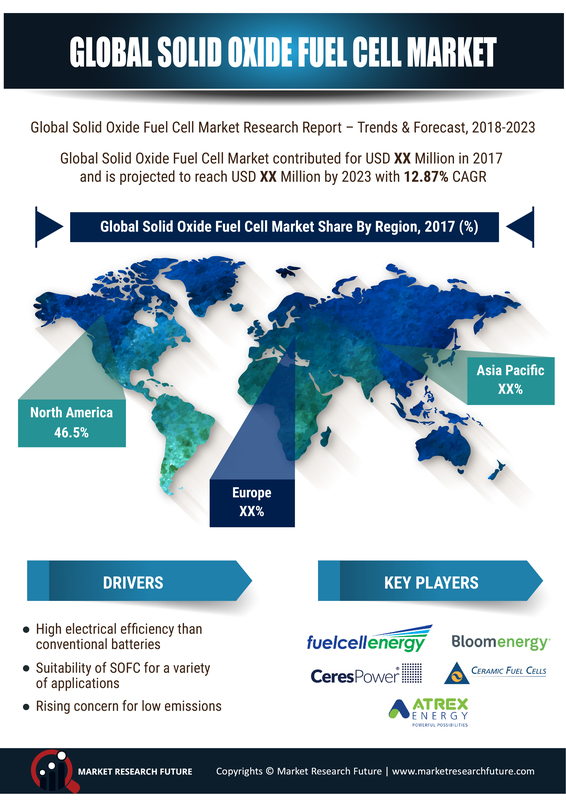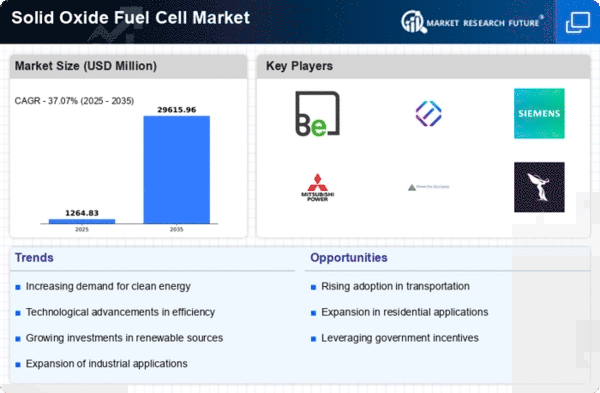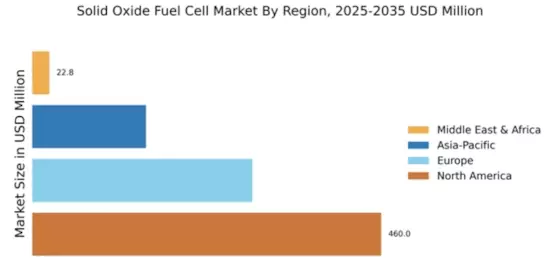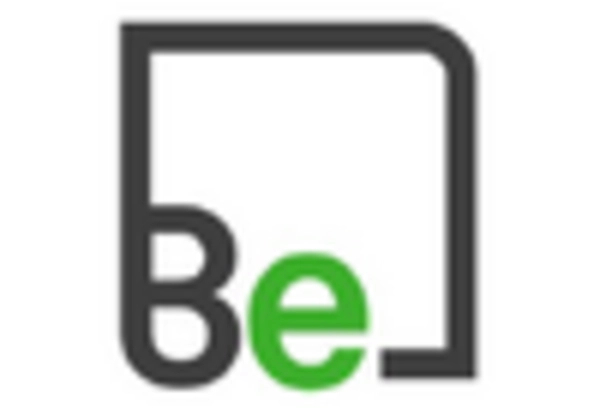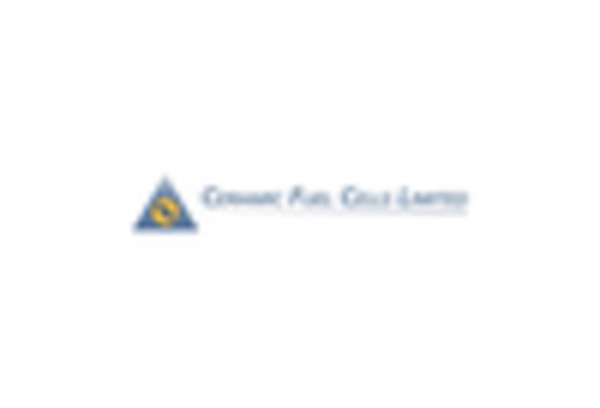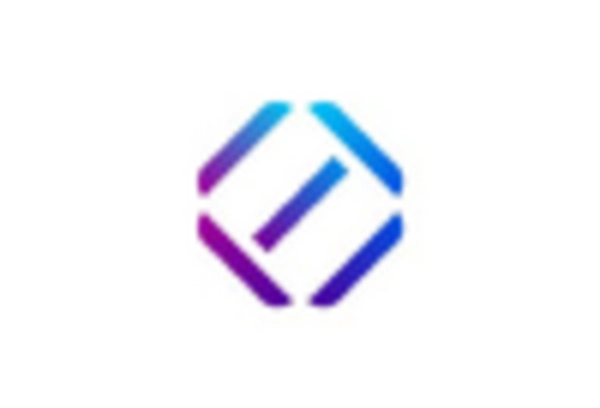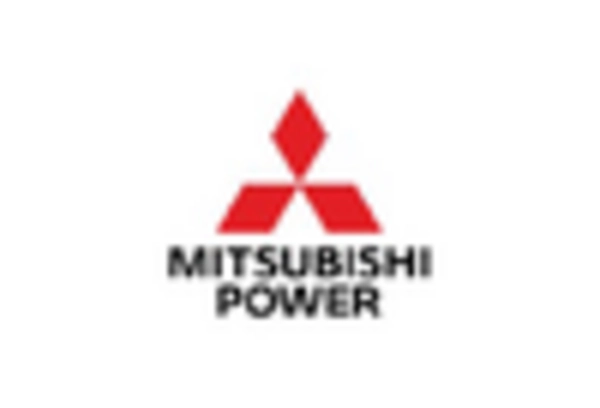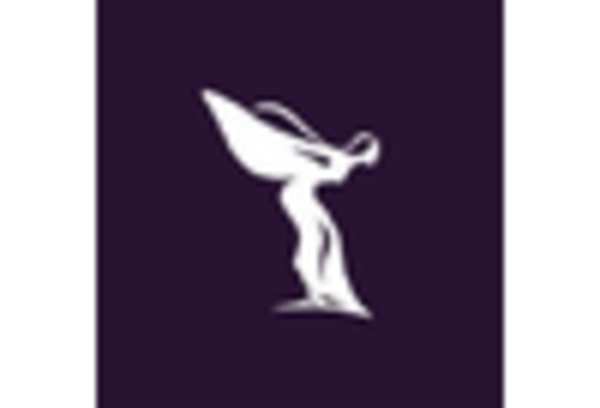Research Methodology on Solid Oxide Fuel Cell Market
Introduction
The current report is focused on exhaustively studying the Global Solid Oxide Fuel Cell Market. It is based on the primary and secondary research data collected by market experts. Moreover, the data gathered from various key players are analyzed to get a better understanding of the current market scenario. The report covers an analysis of the key segments of the market. Further, the report provides detailed information about the geographical areas and various regions which are driving the Solid Oxide Fuel Cell Market. Also, the report provides insights into the growth potential, trends, and competitive advantages of this market.
Research Methodology
The primary research data from the key players is collected through interviews with C-level executives and other industry experts. Moreover, secondary research data is collected from different sources, such as market reports, industry magazines, and press releases. Additionally, market reports and publications from the industry are collected and sourced for developing the entire report. The primary research data is gathered and supplemented with secondary research data. All the data sources were scrutinized for their reliability and accuracy.
The following steps have been taken, to develop the research report:
- Identification of Market Trends and Dynamics: Market Research has employed a systematic approach to identify the emergent trends, dynamics and growth drivers of the market. This includes the analysis of historical and current data associated with the market. It also includes the analysis of consumer behaviour and its influence on market growth.
- Market Validation: This step involves the process of verifying and confirming the data gathered from primary and secondary sources. Moreover, this helps to establish the accuracy of the market size, revenue estimations and forecasts made.
- Market Estimation: The Market Research Future’s experts estimate the revenue of the market based on the type of product and application, for each region. The business estimation is based on the revenue generated from the sales of the products.
- Data Analysis: The primary and secondary data for the report are carefully analyzed by the Market Research Future’s experts. This data is analyzed by using advanced techniques and tools such as absolute dollar opportunity, comparative market share analysis, product penetration analysis, and opportunity matrix.
- Market Forecasting: The market forecasting tool used is Porter's Five Forces Model. This model is used to get an insight into the competitive landscape of the market and future developments.
Conclusion
The Global Solid Oxide Fuel Cell Market report is developed to provide a comprehensive understanding of the market and its analysis. This report can be used by different stakeholders to gain an in-depth knowledge of the market and to identify the various opportunities in this market.
